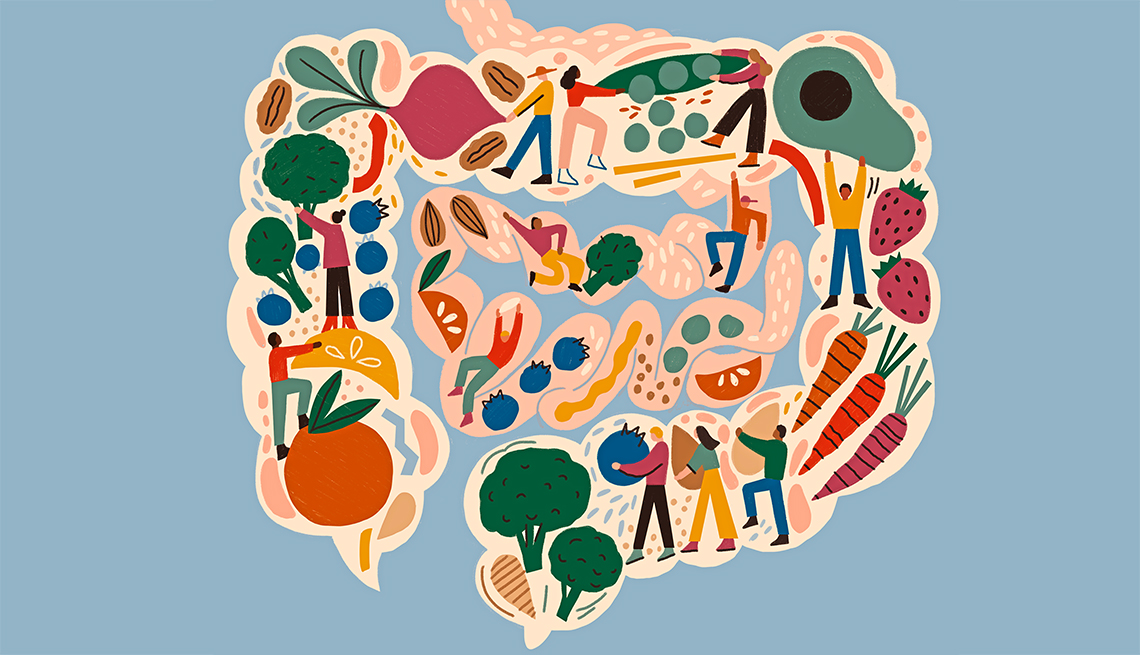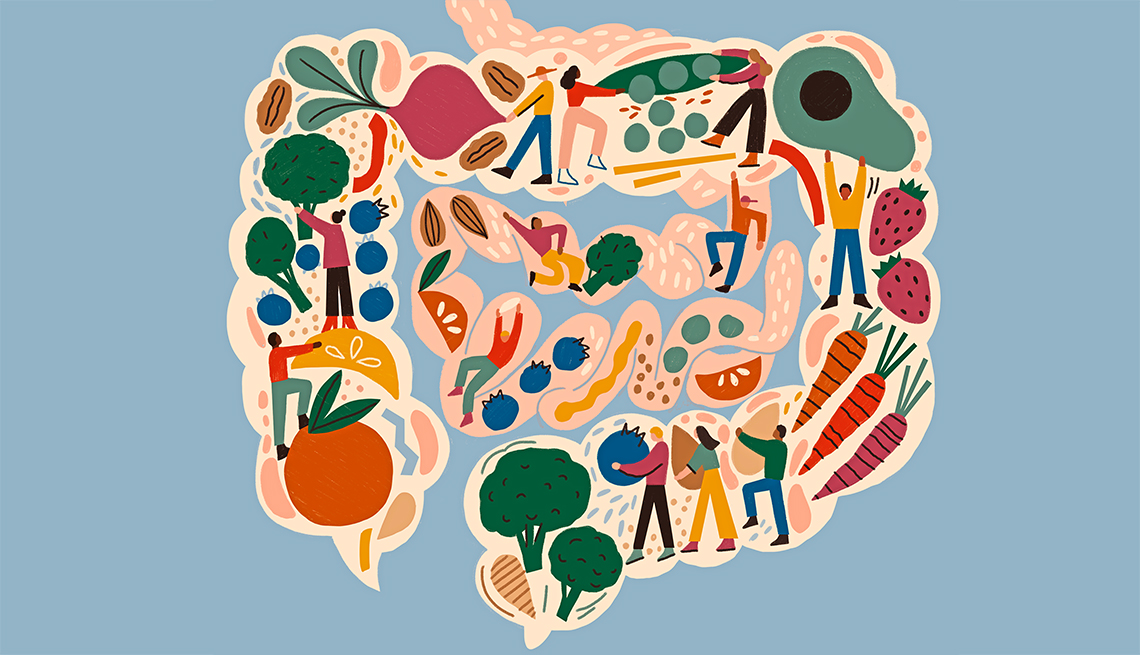Gastrointestinal problems are quite common and can affect anyone. More and more people develop candida, celiac disease, various food sensitivities, and even small intestinal bacterial overgrowth on an almost daily basis.
Unhealthy diet, lack of movement, certain health conditions, and genetic factors can lead to GI issues. But many patients don’t understand that hormones can negatively affect bowel movements as well. This is true of thyroid and stress hormones, however, it’s also relevant to female hormones, including estrogen.
Women more often develop constipation more often than men for various reasons. One of the reasons is the simple fact that women actually have longer colons than men. However, there is also a big hormonal link to constipation. Pregnant women or women who are in menopause also develop more frequent constipation due to the hormonal changes that happen during these periods.
Estrogen is the root cause of constipation here, especially when it comes to a decrease in estrogen levels during menopause. Scientists believed that progesterone was the root cause of constipation during pregnancy, however, new studies have found that it may have more to do with estrogen.
According to recent research, estrogen delays gastric emptying, prolonging transit timing and leading to constipation. Estrogen also weakens the pelvic floor, making it harder to have a bowel movement.
Luckily, you can find out if your hormone levels are inadequate and balance them if they are. This is a good time to visit your healthcare provider since you might need to get blood or saliva tests or go on thyroid medication or maybe even bioidentical hormones if you don’t have any contraindicating risk factors. You need to make sure you rule out other conditions and problems that cause constipation.
Besides increasing water and soluble fiber in your diet, and regulating your stress levels, there are other things you can do to balance estrogen and keep your digestion moving right along:
1. Try maca
Maca is a root from Peru that that can boost nutrient absorption in your gut. It’s able to balance hormone levels and increase your overall endurance and energy. Maca also helps reduce stress levels, so it can help fight constipation in more ways than one. Add maca powder to smoothies, juices, and pretty much anything you’re cooking.
2. Take magnesium
Magnesium is a crucial mineral that your body uses for thousands of vital processes. Magnesium helps tame sugar cravings, keeps the bloat away, helps combat migraines, improves sleep, and keeps your stool regular. Plus, it’s good at balancing estrogen levels by binding to xenoestrogen, eliminating them from your body.
3. Consider probiotics
According to multiple studies, taking a probiotic every day can help relieve constipation by improving consistency, transit time, and stool caliber. Probiotics also help regulate estrogen levels by helping you stay regular, eliminating any estrogen or thyroid disturbers. You can also eat probiotic-rich foods such as miso soup, sauerkraut, kimchi, kombucha, and coconut kefir.
4. Consume chia seeds
Chia seeds can relieve constipation as they are packed with soluble fiber. Add a big tablespoon of chia seeds in water and drink that throughout the day. It causes you to stay hydrated and get additional fiber. You can also make chia pudding, which is delicious and great for kids.
5. Try ashwagandha
Ashwagandha is a magic adaptogen for multiple reasons. It’s also good for people with hormone imbalances since it can help lower stress levels. Learning to de-stress or handle and manage stress appropriately will also help your bowels empty more efficiently.
When your cortisol levels are abnormal, you’re more likely to gain weight since you crave unhealthy foods and your blood glucose fluctuates, causing you to have malabsorption of the nutrients in your food. Stress also interferes with normal gastric emptying as well as transit time, which makes it harder to have a bowel movement.

